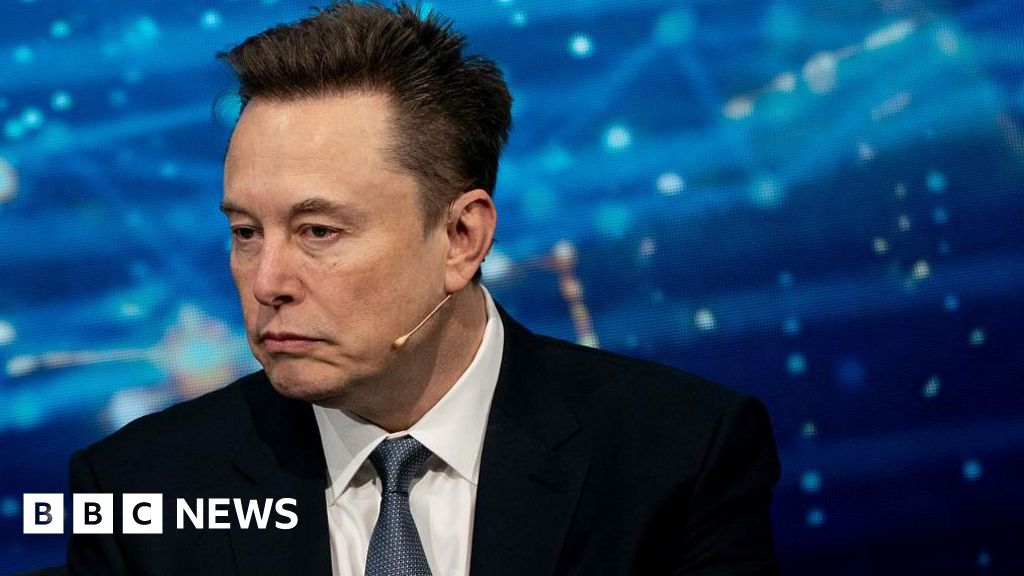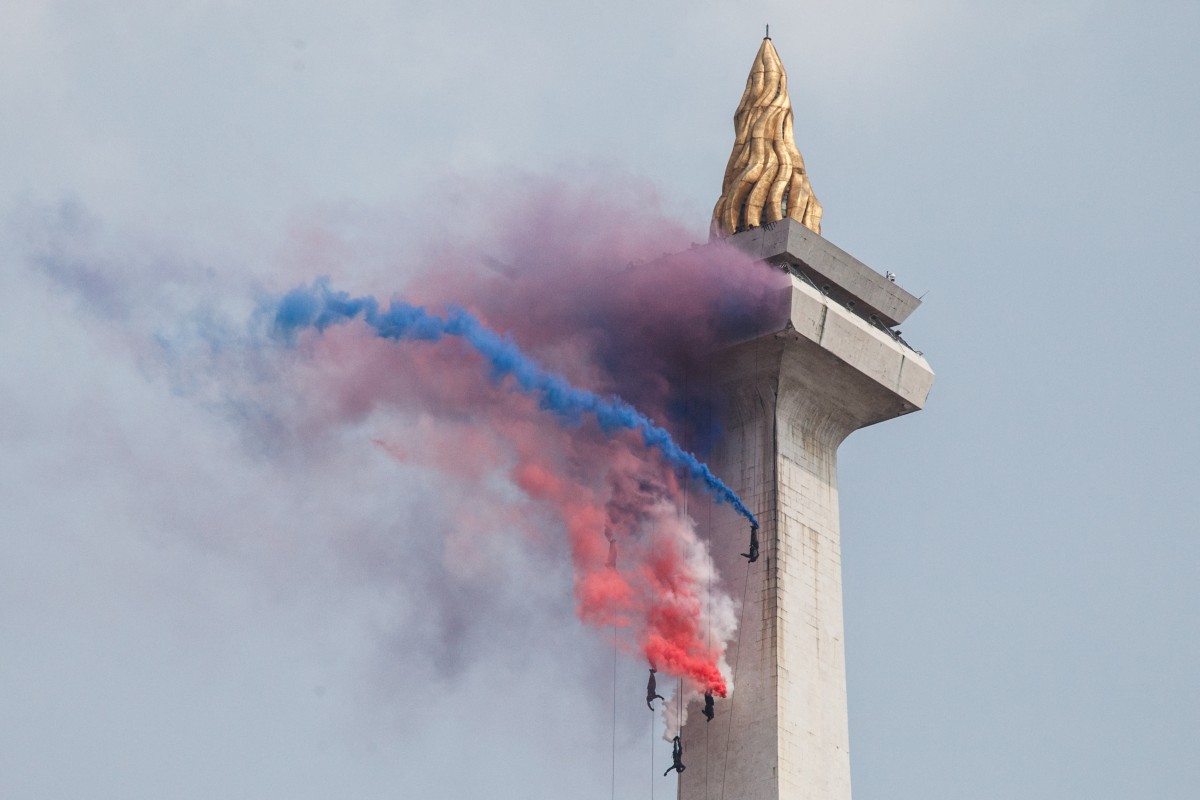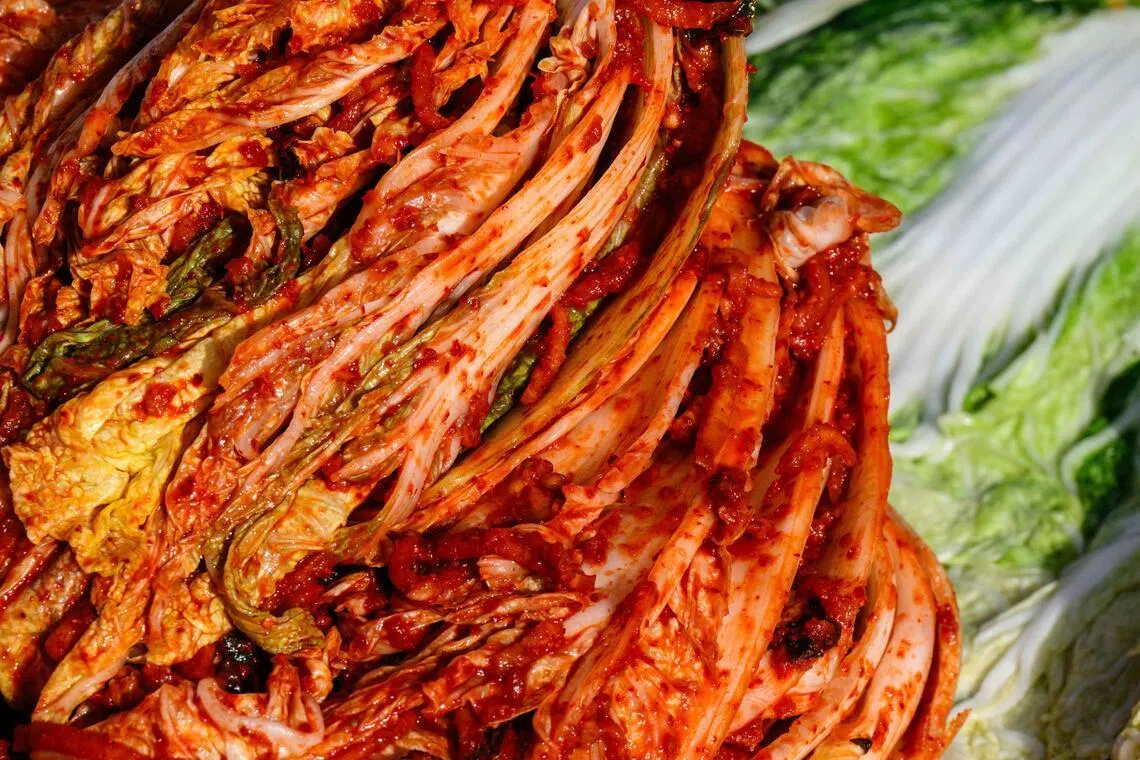Malaysia and Indonesia have blocked access to Elon Musk’s artificial intelligence (AI) chatbot Grok over its ability to produce sexually explicit deepfakes.
Grok, a tool on Musk’s X platform, allows users to generate images. In recent weeks…

Malaysia and Indonesia have blocked access to Elon Musk’s artificial intelligence (AI) chatbot Grok over its ability to produce sexually explicit deepfakes.
Grok, a tool on Musk’s X platform, allows users to generate images. In recent weeks…

Sarah felt she had little left to lose. A 50-year-old entrepreneur in Tehran, she watched as prices soared higher while her freedoms shrank each year.
So, when protesters started gathering in the high-end Andarzgoo neighbourhood of Tehran on…

Syrian government forces have detained 300 Kurds and evacuated more than 400 Kurdish fighters after clashes in Aleppo, the interior ministry has said, as US and allied forces carried out separate “large-scale” strikes against Islamic State…

January 12, 2026
JAKARTA – Symbolism, ritual and theater play an important part in politics.
Under a democracy, the military parades, televised state of the nation address and construction of statues and monuments are the glue that binds the…

SEOUL – Kimchi, Korea’s centuries-old fermented staple, has gained fresh global recognition after being named a “gut health” food in the
latest Dietary Guidelines for Americans
(2025–2030), issued by the US Department of Health and…

Host Nikki Glaser returned to host the Golden Globes on Sunday, delivering a scorching opening monologue that roasted many of the celebrities in the room.
“Just like Wicked, I’m back for a sequel,” she told the A-list crowd. “Just like…

The National University of Singapore (NUS) and the Monetary Authority of Singapore (MAS) have jointly appointed Professor Alan M. Taylor as the MAS Distinguished Term Professor in Economics and Finance from 12 to 16 January 2026. Professor Taylor will be hosted by the Department of Economics at the NUS Faculty of Arts and Social Sciences and the Economic Policy Group of MAS during the term of the Professorship.
Professor Taylor is currently Professor of International and Public Affairs at Columbia University. He has been an external member of the Monetary Policy Committee at the Bank of England (BOE) since September 2024 and is a member of the Council on Foreign Relations Professor Taylor is also a research associate at the National Bureau of Economic Research (NBER) and the Center for Economic Policy Research (CEPR).
Professor Taylor is widely recognised for his work on international trade, finance, macroeconomics and economic history. He has published in the leading economics journals including the American Economic Review, Econometrica and the Quarterly Journal of Economics. Professor Taylor was the Houblon-Norman/George Fellow at the BOE in 2009 to 2010 and awarded the John Simon Guggenheim Memorial Fellowship in 2004.
Professor Lionel Wee, Dean of NUS Faculty of Arts and Social Sciences, said, “We are privileged to host Professor Alan Taylor as the MAS Distinguished Term Professor. He brings a distinctive breadth of experiences and insights drawn from academia, industry, and the policy realm. Professor Taylor’s work has fundamentally reshaped our views of economic history and macro-finance, precisely at a time when the world economy is going through multiple, significant upheavals.”
Mr Edward Robinson, Deputy Managing Director (Economic Policy) and Chief Economist, MAS, said, “Professor Taylor is one of the pioneer researchers into the empirics of exchange rate behaviour, financial crises and capital flows in the context of the ‘open economy trilemma’, which says that a country cannot simultaneously maintain fixed exchange rates, free capital movement and independent monetary policy. His recent research with co-authors on the global natural interest rate has gained traction amongst central banks worldwide and comes at an opportune time as policymakers grapple with questions about the appropriate calibration for monetary policy in a post-pandemic environment. It is our great privilege to welcome him as the 24th MAS Term Professor.”
Professor Taylor will deliver a public lecture at NUS on 14 January 2026 titled, “Driving over the peak — or a false summit?” Drawing on historical perspectives from the first age of globalisation in the 1800s to the present day, he will examine whether we have reached “peak trade” and explore the implications for monetary policy in an era of potential downswing in globalisation. In addition, Professor Taylor will engage in dialogue sessions with NUS faculty members to discuss his latest research findings.
Professor Taylor will also give a talk at MAS and engage senior policymakers and economists on international economics and monetary policy issues.
About the MAS Term Professorship in Economics and Finance
First established in 2009, the MAS Term Professorship in Economics and Finance is awarded to distinguished scholars, who are appointed as Visiting Professors at the Department of Economics at the NUS Faculty of Arts and Social Sciences, the NUS Business School, or the Lee Kuan Yew School of Public Policy. It aims to strengthen Singapore’s financial and economics research infrastructure and contribute to a vibrant research community and culture at local universities. Since its inception, the MAS Term Professorship in Economics and Finance has been awarded to 24 distinguished scholars over the last 15 years.
';

SHENZHEN, China, Jan. 11, 2026 /CNW/ — Yaber, a globally recognized home tech brand, today announced its expansion into the smart cleaning category. As part of its broader brand development strategy, Yaber continues to…

Unlock the White House Watch newsletter for free
Your guide to what Trump’s second term means for Washington, business and the world
Donald Trump said he was considering conducting military operations in Iran, as the US president warned the…